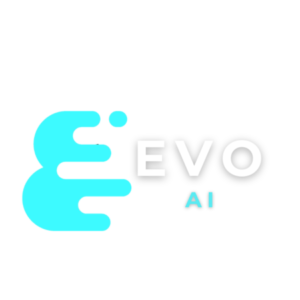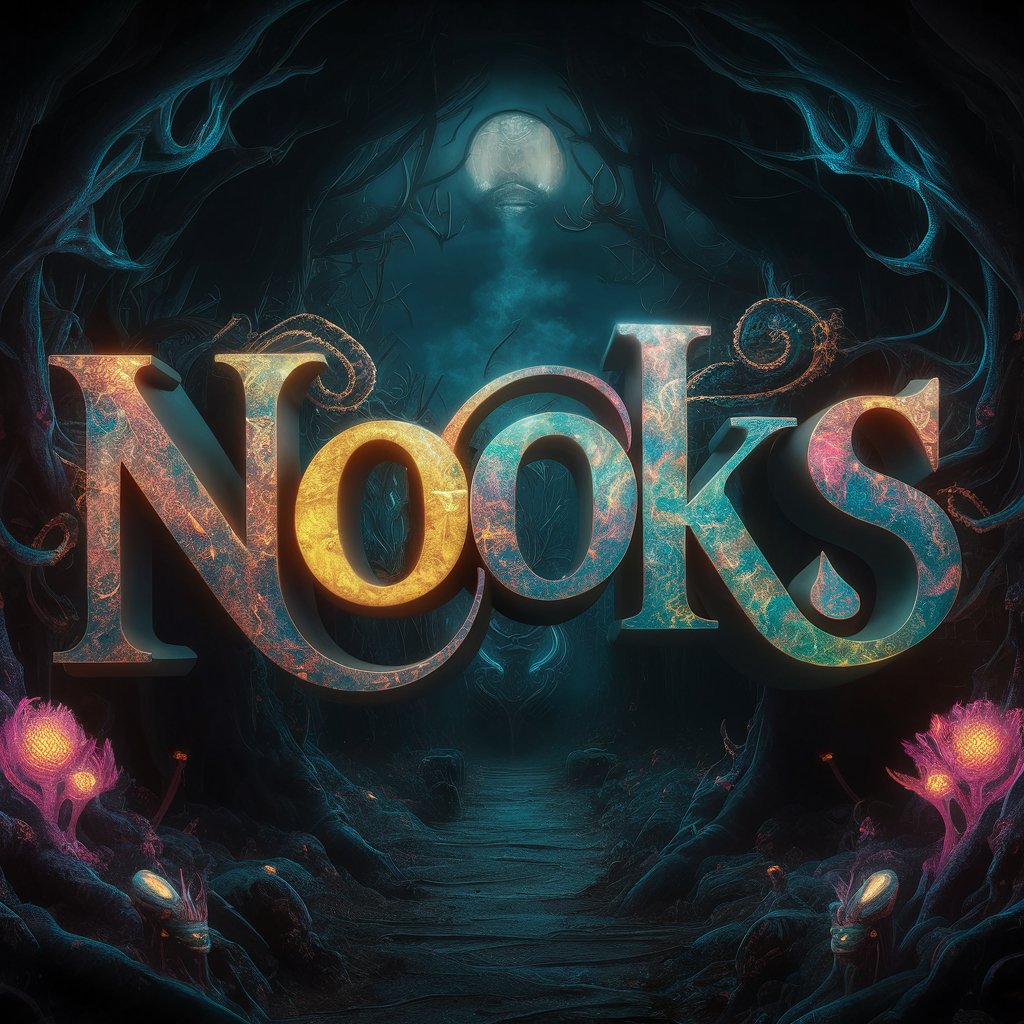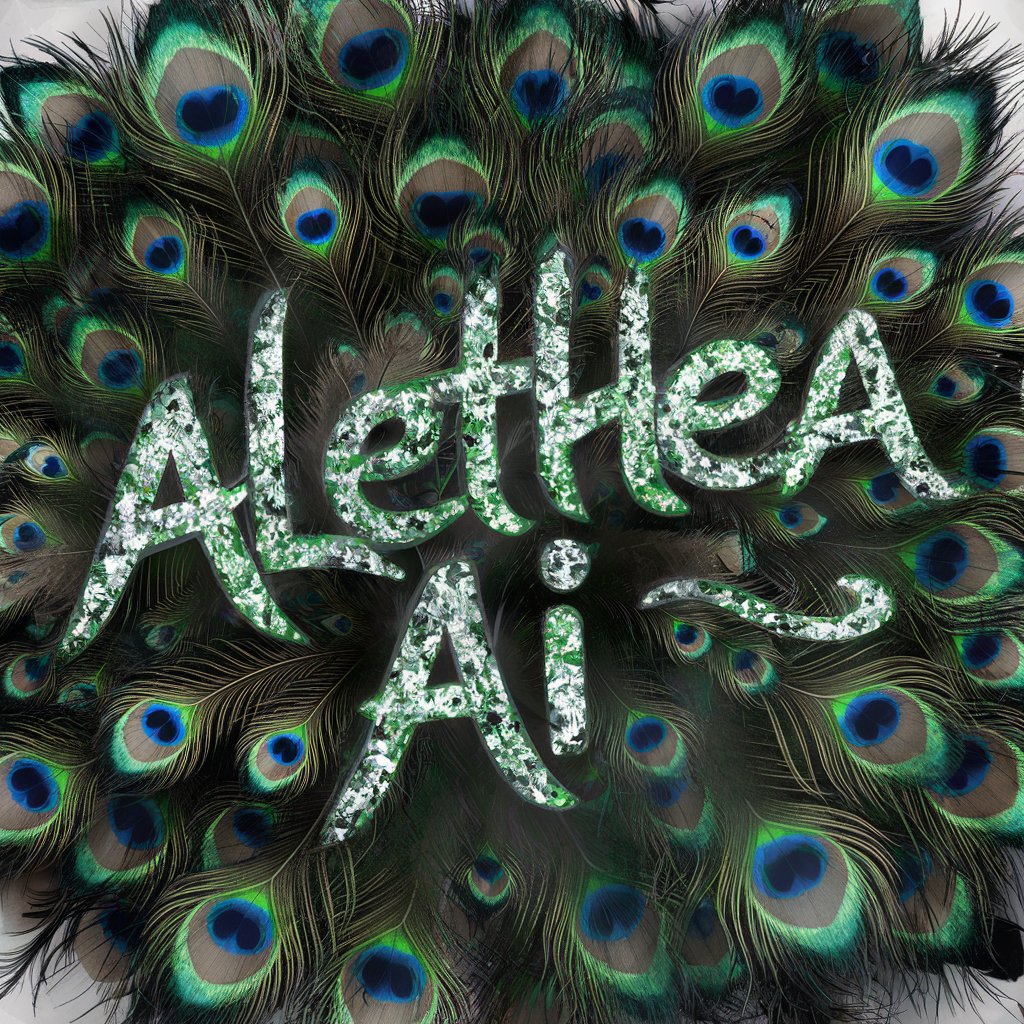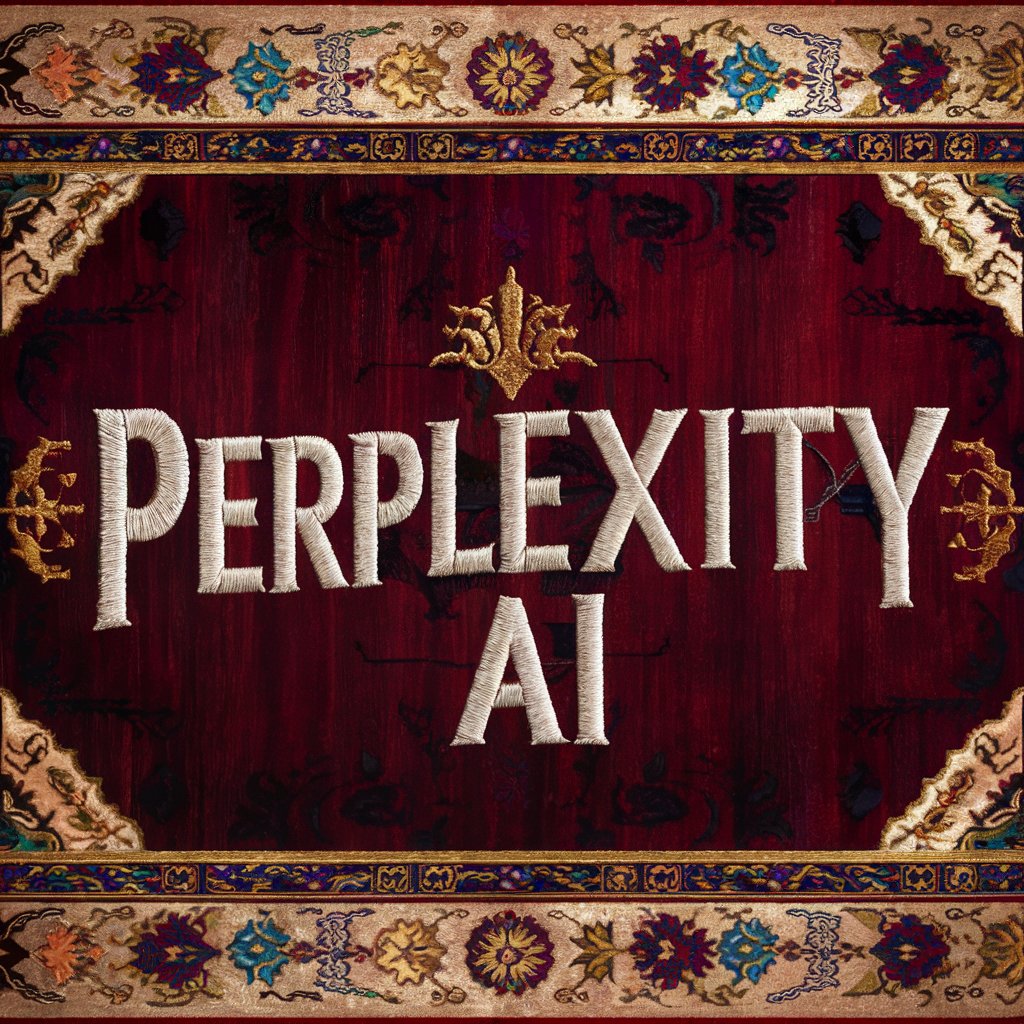
Snowflake’s Arctic: Pioneering Enterprise AI with Open and Efficient LLMs

Apple’s OpenELM: Redefining On-Device AI with Open-Source Innovation

Microsoft Phi-3: Revolutionizing Enterprise AI with Compact, Cost-Efficient LLMs
Other AI News
-
Dropzone AI Secures $16.85 Million for Innovative Cybersecurity AI Solutions That Drastically Reduce Manual Labour
Dropzone AI, an AI security company, recently secured $16.85 million in Series A funding to advance its development of autonomous AI agents for cybersecurity. The investment round was spearheaded by Theory Ventures and saw contributions from existing backers such as Decibel Partners, Pioneer Square Ventures, and In-Q-Tel. Established in 2023 by Edward Wu, Dropzone AI aims to mitigate the global shortage of cybersecurity professionals by offering pre-trained AI agents that assist in identifying cyber threats. The company’s initiative responds to the estimated need for four million additional cybersecurity workers to adequately protect digital and computer systems worldwide.
Dropzone AI’s technology leverages a patented large language model system that simulates the cognitive processes and techniques of expert human analysts. This innovation allows the AI agents to autonomously handle first-tier security alert investigations, significantly reducing the workload of human analysts. According to Dropzone, these agents can decrease the time required to investigate security alerts from up to 40 minutes to just three minutes, effectively reducing manual work by 90%. This efficiency is particularly vital as the complexity and frequency of AI-driven cyberattacks continue to rise. Alongside financial growth, Dropzone has successfully implemented its technology in over six production environments and plans to use the new funds to expand its team and operations further.
-
Salesforce Launches Einstein Copilot to Revolutionize Enterprise Workflows with Advanced Generative AI
Salesforce is taking a significant leap in the realm of enterprise generative AI with the expansion and general availability of its Einstein Copilot. This advanced AI-powered platform transcends the capabilities of basic chatbots by not only responding to queries but also performing actions that enhance business workflows. Originally introduced at Dreamforce 2023, Einstein Copilot entered beta in February, allowing a broader range of users to experience its functionalities. Now, Salesforce is enhancing this tool with the launch of Einstein Copilot Actions, enabling sales teams to automate complex processes and increase productivity through generative AI.
A key feature of Einstein Copilot is its ability to integrate with an organization’s data ecosystem, not limited to Salesforce’s own platform. This integration is bolstered by the new Zero Copy Partner Network, which facilitates connections to additional data sources using the open-source Apache Iceberg format. The platform’s enhanced capabilities are anchored in its deep contextual understanding, which significantly improves its operational effectiveness. By leveraging advanced AI techniques, including sequential planning and chain-of-thought reasoning, Einstein Copilot can undertake a range of tasks from simple data retrieval to managing intricate, multi-step operations that optimize sales strategies. Additionally, Salesforce introduces Copilot Analytics to monitor and refine the AI’s performance, ensuring that it adapts to evolving business needs and maintains efficiency in executing tasks.
-
Groundbreaking DeepMind Study Unveils Extended Learning Capabilities of Large Language Models
Researchers at Google DeepMind have made significant strides in understanding the capabilities of large language models (LLMs) with extensive context windows, revealing new potentials in “many-shot” in-context learning (ICL). Traditionally, LLMs could only manage a limited amount of data input, but with advancements in technology, they can now handle inputs as large as several books simultaneously. This extended capacity allows for the inclusion of hundreds or even thousands of training examples within a single prompt, a method that substantially enhances the model’s performance across various tasks without the need for fine-tuning the model’s parameters. This breakthrough suggests a shift in how AI can be applied to complex problem-solving and learning tasks, particularly in areas like language translation, mathematical problem-solving, and sentiment analysis.
The study focused on the impact of incorporating an increased number of examples within the models’ prompts—ranging from a few to thousands. The results indicated significant improvements in performance, particularly in handling tasks involving low-resource languages and complex summarization, where the model matched the capabilities of fine-tuned systems. This approach not only simplifies the application of LLMs but also expands their usability without the intricate engineering typically required for fine-tuning. However, the research also highlighted challenges, such as the heavy reliance on the quality and volume of human-generated examples. To address this, DeepMind proposed alternatives like reinforced and unsupervised ICL techniques, which utilize model-generated data and the model’s intrinsic knowledge to reduce dependency on human input. These findings underscore the potential of LLMs to adapt and perform across a diverse array of tasks, making them a valuable tool for enterprises looking to develop and prototype AI applications efficiently.
-
Nooks Secures $22M in Series A to Revolutionize Sales with AI-Enhanced Call Platform
AI-powered startup Nooks has successfully secured $22 million in a Series A funding round, led by former Stripe executive Lachy Groom along with contributions from Tola Capital and others. This substantial financial boost is earmarked for enhancing the productivity of an estimated three million U.S. inside sales representatives by automating and streamlining their daily tasks. Founded by Dan Lee during the pandemic, Nooks originally aimed to create a collaboration platform for remote workers. However, after a pivot due to the platform’s underwhelming reception post-pandemic, Nooks shifted its focus towards sales teams, harnessing AI to analyze sales calls and strategize improvements.
Nooks leverages advanced natural language processing and other AI models to dissect sales interactions, providing summaries and actionable insights to elevate sales performance. Dan Lee likens the transformation in sales roles to that of farmers who evolved from manual labor to more scientific roles thanks to technological advancements. This analogy underscores Nooks’ vision to elevate sales roles by reducing manual tasks through AI, thus allowing sales reps to concentrate on higher-value activities like strategizing and building relationships. The platform offers functionalities such as automated note-taking, call logging, and invalid contact detection to streamline the sales process. Additionally, Nooks integrates with major CRM and sales engagement platforms, enhancing its utility. With over 200 companies already using Nooks, the startup is poised to become a comprehensive solution for top-of-funnel sales calls, aiming to significantly boost productivity in sales environments.
-
Mabl Unveils Groundbreaking AI-Powered Low-Code Service for Mobile App Testing
Mabl, a unified test automation platform, has expanded its suite of services with the introduction of an AI-powered low-code service for mobile app testing. This new service leverages machine learning, generative AI, and computer vision to enable developers to conduct comprehensive tests on mobile applications with minimal coding required. As explained by Mabl co-founder Dan Belcher, the aim is to provide a single, low-code platform where enterprises can manage testing strategies across various digital mediums—APIs, browsers, devices, and both web and mobile applications—thereby simplifying the testing process and making it accessible to a broader range of users.
The service seeks to address several persistent challenges in mobile app development, such as the complexity of scripted test automation tools, heavy reliance on manual testing, and the cumbersome process of deploying apps to marketplaces. By automating these tasks and reducing the need for extensive manual intervention, Mabl’s platform can speed up test creation, enhance test coverage, and prevent performance issues, all while keeping costs down. This could significantly benefit organizations by making quality assurance processes more efficient and less reliant on scarce quality assurance talent. Additionally, Mabl’s integration capabilities with tools like Jira, Slack, and Microsoft Teams, along with its transparent pricing structure, provide added value by catering to the specific needs of different organizations. With its commitment to enhancing mobile app testing through AI and automation, Mabl is positioning itself as a key player in helping enterprises accelerate their time to market and maintain competitive edge.
-
Tredence’s GenAI-as-a-Service Platform: Revolutionizing Enterprise AI with Top-Tier Client and Ethical Focus
Tredence is making significant strides in the AI industry with its innovative GenAI-as-a-Service platform, which is quickly attracting high-profile clients, including a top-five global consumer packaged goods (CPG) company. This platform aims to democratize generative AI by making it more accessible to businesses, helping them navigate the challenges of development and deployment at scale. As enterprises are projected to substantially increase their generative AI investments, Tredence’s solution arrives at a crucial time, offering tools and services that simplify the entire lifecycle of AI implementation—from integration to deployment.
The platform not only enhances the practical deployment of generative AI but also addresses the broader implications, including ethical considerations. By integrating features that support responsible AI governance, Tredence ensures that its applications promote fairness, transparency, and accountability. The company’s CEO, Shub Bhowmick, highlights substantial cost reductions and operational efficiencies achieved by clients using the platform, underlining its value proposition. Beyond its platform, Tredence’s broader impact is evidenced by its success across multiple sectors such as retail, banking, and healthcare, where it has enabled significant business improvements through advanced AI solutions. Strategic partnerships with major tech entities like Databricks and Google Cloud Platform have further enabled Tredence to innovate and deliver tailored industry solutions that enhance client capabilities in areas like demand forecasting and supply chain management.
Looking forward, Tredence is not only focusing on expanding its platform but also on strategic growth initiatives including targeted acquisitions and a potential initial public offering. The establishment of a gen AI Center highlights its commitment to ethical practices, ensuring that the transformative potential of AI is realized in a responsible manner. With a solid track record, strategic partnerships, and a clear vision for the future, Tredence is positioning itself as a pivotal player in the enterprise AI space, poised to drive widespread adoption and innovation in generative AI.
-
AWS Enhances Gen AI Offerings with Custom Model Import and Advanced Security Features
AWS is expanding its capabilities in the generative AI space with several significant updates aimed at enhancing flexibility, efficiency, and security for developers. With the latest update, developers now have the option to import their own models into Amazon Bedrock, a move that democratizes the platform by accommodating custom AI models created externally or through Amazon SageMaker. This feature is particularly advantageous for industries like FinTech and healthcare, where bespoke models are common. Additionally, AWS has introduced a new Model Evaluation service within Bedrock that facilitates the comparison of different AI models, using both automated and human evaluations to ensure optimal model performance across various applications.
In parallel, AWS has updated its Amazon Titan suite with the release of Text Embeddings v2 and the general availability of the Titan Image Generator. These enhancements are poised to revolutionize how data is handled for vector databases and retrieval-augmented generation use cases, with the potential to reduce storage requirements for vector embeddings by up to four times. Moreover, the Titan Image Generator caters specifically to business needs in advertising, media, and entertainment, generating realistic, studio-quality images. To address security concerns, AWS has also launched Guardrails for Amazon Bedrock, a feature that provides robust safety and privacy measures, significantly reducing the risk of generating harmful or sensitive content. These updates underscore AWS’s commitment to leading the gen AI field, maintaining competitiveness against rivals like Google and Microsoft.
-
Alethea AI Revolutionizes Digital Interaction with Expressive AI Agents on Base Blockchain
Alethea AI has introduced its latest innovation on Coinbase’s Base blockchain: emotive and expressive AI agents, enhancing the landscape of digital interactions for creators, consumers, and businesses. These AI agents, powered by Alethea’s proprietary Emote Engine, offer high-fidelity avatars capable of displaying a wide range of emotions and reactions with stunning realism. The Emote Engine enables these agents to exhibit everything from subtle expressions of doubt to overt displays of joy, making virtual interactions feel more genuine and engaging. This launch not only improves the interface of AI interactions but also broadens the creative possibilities for users who can now customize their AI agents in styles ranging from anime to realistic portrayals on the Aliagents.ai platform.
In addition to their expressive capabilities, these AI agents are designed for easy integration and monetization within digital ecosystems, particularly in gaming and the metaverse. The use of blockchain technology facilitates a more dynamic and economically viable environment for creators, allowing them to monetize their creations without intermediaries and at lower transaction costs. The platform also ensures a high degree of customization and interactivity, where creators can fine-tune the personalities and responses of their agents to better engage with their communities. With these advancements, Alethea AI is not only pushing the boundaries of AI technology but also creating new paradigms for how AI can be integrated into the digital economy, promising a future where AI agents not only interact but also perform transactions and participate in the digital marketplace as autonomous entities.
-
Curio Debuts Rio: Innovating News Consumption with AI-Powered App
Curio’s recent introduction of Rio, an AI news anchor within an app, marks a significant step forward in digital news delivery. Supported by funding from Khosla Ventures and TED’s Chris Anderson, Rio offers daily news briefings in an interactive format that allows users to read or listen. Designed to broaden user perspectives and provide a diversified news experience, Rio incorporates a chatbot for detailed inquiries, enhancing the way users engage with news while ensuring the accuracy and integrity of the information presented.
Rio stands out by committing to content credibility and avoiding echo chambers, ensuring that its underlying language model isn’t trained on publisher content without explicit consent. This approach not only respects copyright but also guards against the spread of misinformation. By leveraging a user-friendly interface that mimics human storytelling, Rio aims to transform passive news consumption into an active, engaging experience, making it a pioneering tool in the landscape of digital news consumption.
-
OpenAI Startup Fund Raises $15M to Boost Early-Stage AI Ventures
The OpenAI Startup Fund has discreetly secured $15 million through a special purpose vehicle (SPV) to invest in early-stage, AI-centric startups across various sectors such as education, law, and science. This marks the fund’s second tranche raised via an SPV, following a previous $10 million round in February. Managed by Ian Hathaway, the fund has grown its portfolio significantly, supporting firms like Harvey in legal tech and Figure AI in humanoid robotics, without financial ties to OpenAI or its CEO Sam Altman, despite past scrutiny over governance.
The fund’s strategy leverages SPVs to pool resources for investments outside typical venture fund conditions, allowing broader participation from non-institutional investors. With $175 million in commitments and a substantial portfolio including companies like Descript and the language learning app Speak, the fund aims to enhance its impact in the AI space under the new management structure devoid of previous conflicts of interest.
-
xAI Nears $6 Billion Funding with Elon Musk’s Vision to Revolutionize AI Across Industries
Elon Musk’s AI venture, xAI, is nearing a substantial funding milestone with $6 billion on the verge of being secured, establishing it as a formidable rival to OpenAI. xAI, integrating technologies from Musk’s diverse portfolio including Tesla and SpaceX, aims to bridge the digital and physical realms, enhancing applications like autonomous vehicles and robotics. This infusion of capital underlines investor confidence in Musk’s broader vision of interconnected tech ecosystems, propelling xAI towards significant innovations in AI integration across his companies.
As xAI integrates its advancements, the social network X, another Musk enterprise and a shareholder in xAI, stands to gain from the AI’s developments. xAI’s integration with X and other Musk ventures illustrates a strategic use of AI to enhance user engagement and operational efficiencies across Musk’s business empire. This move not only solidifies Musk’s influence in the tech world but also sets a new standard for how AI can be leveraged across industries to create a more interconnected and technologically advanced future.
-
Sanctuary AI Launches Faster-Learning, More Affordable Humanoid Robot
Sanctuary AI has unveiled a groundbreaking advancement in humanoid robotics with its new seventh-generation Phoenix robot. This latest model excels in learning tasks rapidly—achieving task automation within a mere 24 hours—and has been engineered with enhanced capabilities focusing on the upper body’s movements, like sorting objects with human-like precision. These robots not only learn faster but are also designed to be more cost-effective and lightweight, making them accessible for broader applications, such as in auto manufacturing, where Sanctuary has recently secured deployment agreements.
The seventh-generation Phoenix robot represents a significant step towards achieving artificial general intelligence, according to Sanctuary’s co-founder and CEO, Geordie Rose. This model is not just a technological upgrade but also a strategic move towards making humanoid robots a feasible and efficient tool in various industries, heralding a new era where robots are nearly as capable as their human counterparts in performing complex tasks.
-
Rabbit’s R1: A New Wave of Fun and Functional AI Tech Devices
Rabbit’s R1, launched at a compelling $199 price point, is redefining consumer electronics with its fresh approach to AI-enabled devices. Designed by Teenage Engineering, the R1 combines a unique aesthetic with functional technology, including a small touchscreen and voice interaction capabilities, distinguishing it from competitors like Humane’s Ai Pin. This device not only caters to generative AI applications through user-friendly interactions but also leverages its design to make technology enjoyable again, aiming to carve a niche in the crowded tech landscape.
-
Augment Launches with $252M to Revolutionize AI Coding Assistance
Augment, supported by Eric Schmidt, has emerged from stealth with a substantial $252 million in funding, positioning itself as a new contender against GitHub Copilot in the AI-powered coding assistant market. Founded by former Microsoft developer Igor Ostrovsky, Augment is designed to enhance software quality and developer productivity. With a focus on using fine-tuned industry-leading models, the platform plans to operate on a subscription model, aiming to address common pain points in software development with advanced AI capabilities.
This move represents a significant step in the competitive landscape of AI coding tools, where Augment seeks to differentiate itself by improving the comprehension of programming intent and safeguarding intellectual property, setting a new standard for AI assistance in software development.
-
Nova AI Champions Open-Source LLMs for Enhanced Security in Code Testing
Nova AI, a code-testing startup, increasingly favors open-source large language models (LLMs) over those provided by OpenAI, citing enhanced data privacy and reduced costs as key factors. This strategic choice allows Nova AI to maintain control over their tools and offer customized solutions tailored for complex enterprise coding environments. The firm utilizes well-known open-source models, which helps in aligning with the strict privacy and security requirements of their clients, distinguishing it in a market that values trust and adaptability.
Furthermore, Nova AI’s approach of using open-source LLMs like Llama and StarCoder aligns with its mission to provide transparent and customizable AI-driven testing solutions. This decision not only mitigates legal and ethical concerns associated with proprietary models but also positions Nova AI as a forward-thinking player in the tech industry, capable of delivering robust code-testing services while ensuring client confidentiality and compliance.
-
Perplexity Achieves Unicorn Status, Expands Globally with Secure AI Search Solutions
Perplexity has quickly ascended to unicorn status with a recent $63 million investment led by Y Combinator’s Daniel Gross, pushing its valuation to over $1 billion. This surge in funding follows a $74 million series B round and underscores Perplexity’s growth in a domain dominated by tech giants like Google. The company aims to revolutionize enterprise workflows with its AI-native search platform, emphasizing enhanced security features like SOC2 certification and secure single sign-on with its new Enterprise Pro plan.
The platform, which combines web indexes with AI models for direct answer retrieval, has become appealing to major enterprises like Zoom and HP, saving them hundreds of hours. Perplexity’s global expansion includes strategic partnerships with Japan’s SoftBank and Germany’s Deutsche Telekom, aiming to broaden its market reach. This expansion is part of a broader strategy to integrate AI-driven search capabilities into daily business operations globally, enhancing productivity and data security.
-
Nvidia Bolsters AI Infrastructure Capabilities with $700M Acquisition of Run:ai
Nvidia has acquired the Tel Aviv-based AI workload management startup Run:ai for $700 million, expanding its capabilities in AI hardware infrastructure optimization. Run:ai, known for its innovative platform that dynamically allocates hardware resources across various environments, will be integrated into Nvidia’s DGX Cloud AI platform. This integration aims to enhance Nvidia’s offerings by improving the efficiency of AI model training across multiple data center locations, catering to the growing needs of enterprise customers with complex AI deployments.
The acquisition, which marks one of Nvidia’s significant purchases since Mellanox in 2019, underscores Nvidia’s commitment to advancing its accelerated computing platform. Run:ai’s technology will support a broad ecosystem of third-party solutions, providing customers with flexibility and optimized performance for various AI workloads, including generative AI and recommender systems.
-
Parloa Secures $66M for AI-Driven Customer Service, Expanding Voice Automation Globally
Parloa, a conversational AI platform focusing on customer service, has raised $66 million in a Series B funding round led by Altimeter Capital. This investment propels Parloa’s valuation and marks its significant commitment to expanding within the U.S. market. The platform is distinguished by its advanced AI capabilities in automating customer interactions through voice-first strategies, ensuring a more human-like experience. Parloa integrates proprietary and open-source large language models to enhance real-time voice interactions, standing out in a competitive field that includes giants like Google and Microsoft.
With this new funding, Parloa aims to deepen its market penetration in the U.S and Europe, building on successful engagements with large enterprises like Swiss Life and Decathlon. The company’s focus on voice automation as a core aspect of customer service has proven effective, with rapid growth and a tripled revenue over the past three years. This strategic expansion underscores Parloa’s robust position in leveraging AI to transform customer interactions, making them more efficient and engaging.
-
FlexAI Exits Stealth with $30M to Transform AI Compute Accessibility
French startup FlexAI has emerged from stealth mode with a robust $30 million investment to simplify access to AI compute resources. Led by CEO Brijesh Tripathi, a veteran of major tech companies like Nvidia and Apple, FlexAI aims to democratize the AI development process by offering an on-demand cloud service. This service is designed to make AI training more accessible and cost-effective by allowing developers to run their AI workloads across various architectures without the complexities typically associated with AI infrastructure.
FlexAI’s innovative approach intends to remove the barriers faced by developers who need to manage intricate hardware setups for AI projects. By abstracting the underlying complexities of AI compute infrastructure, FlexAI enables developers to focus on building and deploying AI models efficiently, promoting broader AI adoption and innovation. The startup’s forthcoming product promises to connect developers to “virtual heterogeneous compute,” providing flexibility and reducing the cost burden of GPU rentals.
-
Adobe Unveils Firefly Image 3: A Leap Forward in AI-Powered Image Generation
Adobe’s latest release, Firefly Image 3, promises to be its most advanced image-generation model yet, improving upon its predecessors in realism and complexity of output. This new model, which was unveiled at Adobe’s Max London conference, enhances image rendering with more detailed features and diverse expressions, particularly excelling in complex scenes and lighting conditions. Adobe aims to rectify previous criticisms of Firefly’s performance, offering a more refined tool that meets the higher standards of professional creatives.
Firefly Image 3 includes new features in Photoshop, like a style engine and auto-stylization toggle, designed to enrich image editing with more vibrant colors and varied poses. These features are set to refine user control over image generation, making Adobe’s suite more competitive against other major AI-driven image tools in the market.
-
UK Authorities Investigate Amazon and Microsoft for Potential Anti-Competitive AI Practices
The UK’s Competition and Markets Authority (CMA) has initiated an investigation into the partnerships between major tech giants Amazon and Microsoft with AI startups such as Mistral, Anthropic, and Inflection. This scrutiny stems from concerns that these collaborative efforts might stifle competition by potentially monopolizing critical AI technologies. The inquiry particularly focuses on the agreements and employment strategies these corporations are deploying, which could limit the diversity and innovation within the UK’s rapidly growing AI sector.
This probe reflects broader regulatory efforts to ensure that collaborations in the tech industry, especially those involving foundational AI models, do not undermine competitive dynamics. The CMA is examining whether these partnerships could create barriers for other players in the market, thereby concentrating power and control over emerging technologies in the hands of a few. The outcomes of this investigation could have significant implications for how AI partnerships are formed and regulated in the future.
About The Author

Bogdan Iancu
Bogdan Iancu is a seasoned entrepreneur and strategic leader with over 25 years of experience in diverse industrial and commercial fields. His passion for AI, Machine Learning, and Generative AI is underpinned by a deep understanding of advanced calculus, enabling him to leverage these technologies to drive innovation and growth. As a Non-Executive Director, Bogdan brings a wealth of experience and a unique perspective to the boardroom, contributing to robust strategic decisions. With a proven track record of assisting clients worldwide, Bogdan is committed to harnessing the power of AI to transform businesses and create sustainable growth in the digital age.











Leave A Comment